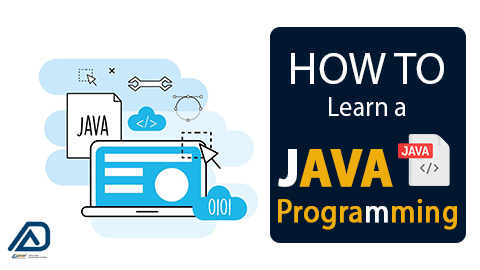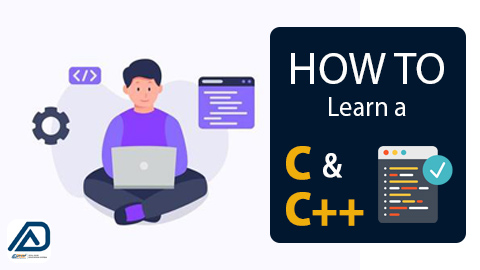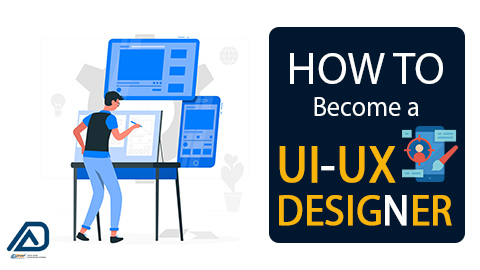What you'll learn
Syntax and Fundamentals: You'll start with the basics, including understanding Java's syntax, data types, variables, operators, and control structures (if statements, loops).
Object-Oriented Programming (OOP): Java is an object-oriented language, and you'll delve into core OOP concepts such as classes, objects, inheritance, polymorphism, encapsulation, and abstraction.
Packages and Modules: Learn how to organize your code into packages and use Java's module system introduced in Java 9 for better code organization and encapsulation.
Methods and Functions: Explore how to create methods (functions) in Java and understand method overloading and overriding.
Input and Output (I/O): Learn how to read and write data to files, use input streams and output streams, and work with file handling in Java.
Exception Handling: Understand how to handle exceptions and errors gracefully in your Java programs using try-catch blocks and exception classes.
Industry Best Practices: Gain knowledge of coding standards, design patterns, and best practices for writing clean, maintainable, and efficient Java code.
Human Resource
All Documentation Offer Letter, Increment Letter, Joining form, NDA, etc. …
What you'll learn
All
What you'll learn
Basic Syntax: You will learn the fundamental syntax of the C programming language, including variable declaration, data types, operators, and control structures (loops and conditionals).
Functions: You'll learn how to write functions in C, which are reusable blocks of code that perform specific tasks.
Pointers: Understanding and working with pointers is a crucial aspect of C programming. Pointers are variables that store memory addresses and are used for tasks like dynamic memory allocation and efficient data manipulation.
Memory Management: C provides manual memory management, and you'll learn how to allocate and deallocate memory using functions like malloc and free.
Arrays and Strings: You'll become proficient in working with arrays and strings, which are fundamental data structures in C & C++.
File Handling: C provides functions for file input and output operations. You'll learn how to read from and write to files.
Debugging and Error Handling: Learning how to debug C programs and handle errors is an essential skill.
Object-Oriented Programming (OOP): C++ extends C by introducing OOP concepts like classes and objects. You'll learn how to create and use classes, encapsulation, inheritance, and polymorphism.
Templates: C++ supports template classes and functions, allowing you to write generic code that can work with different data types.
Exception Handling: You'll learn how to use exception handling to manage errors and exceptions in C++ programs.
What you'll learn
Learning UI/UX design involves acquiring a combination of design principles, technical skills, and a deep understanding of user behavior. Here's what you can expect to learn when pursuing UI/UX design:
Design Fundamentals, User Experience (UX) Design, User Interface (UI) Design, Research and Usability Testing, Interaction Design, Accessibility, Front-End Development Basics, Industry Tools and Software, Portfolio Development
- 1
- 2






